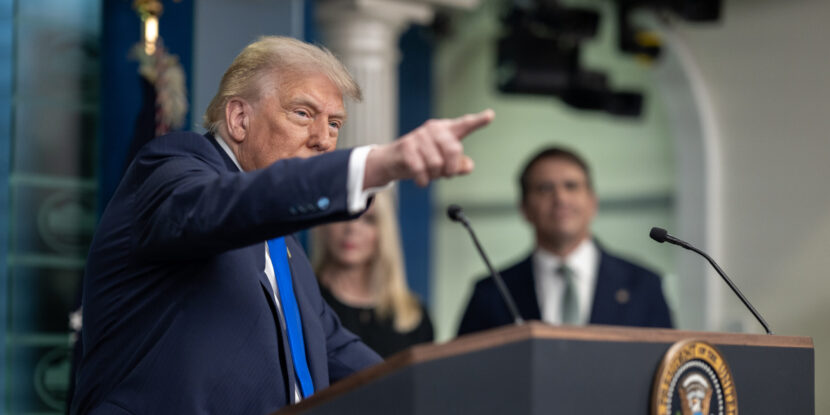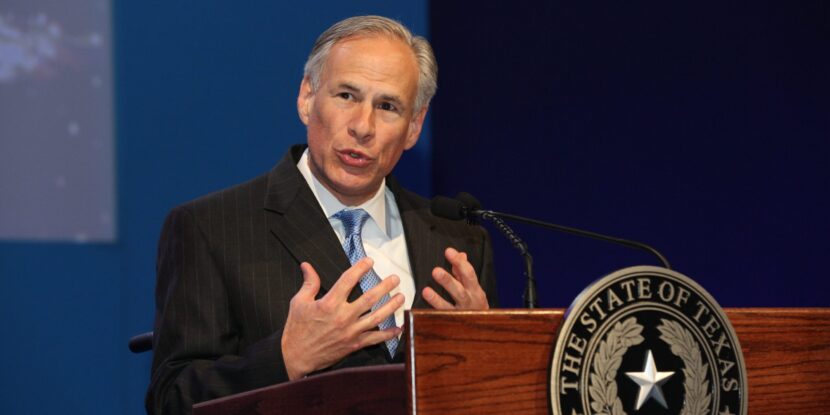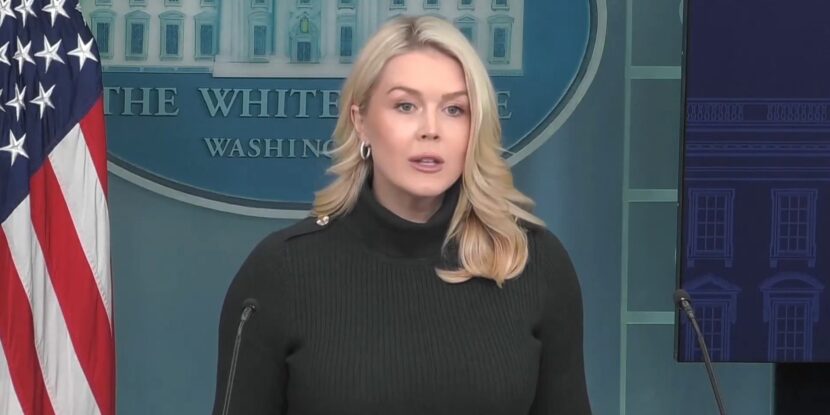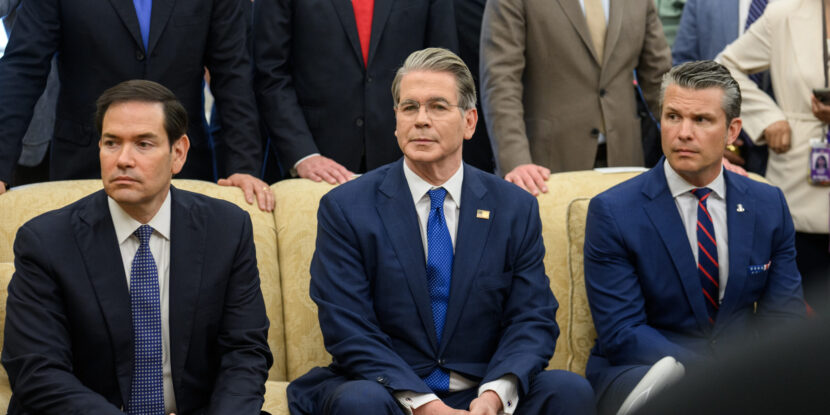❓WHAT HAPPENED: President Donald J. Trump issued tariff letters to seven countries on Wednesday. This follows his announcement on Monday of the imposition of trade duties on a number of countries, including Japan and South Korea.
👤WHO WAS INVOLVED: Countries targeted were the Philippines, Brunei, Moldova, Algeria, Libya, Iraq, and Sri Lanka.
📍WHEN & WHERE: Letters were sent on Wednesday, with tariffs set to begin August 1. Meanwhile, discussions with the European Union (EU) bloc and a number of individual nations remain ongoing.
💬KEY QUOTE: “You guys are going to fight, we’re not going to trade. And we seem to be quite successful in doing that.” – Donald Trump
🎯IMPACT: The tariffs aim to address trade imbalances and boost American manufacturing.
President Donald J. Trump has announced new tariffs targeting seven smaller U.S. trading partners, including the Philippines, Brunei, Moldova, Algeria, Libya, Iraq, and Sri Lanka. The tariffs, ranging from 20 percent to 30 percent, will take effect on August 1. Notably, the move follows the America First leader’s imposition of trade duties on Japan and South Korea this past Monday, along with a number of other nations.
The Trump administration has consistently contended that tariffs are a tool to address long-standing trade imbalances and bolster the U.S. economy. During a meeting with African leaders on Wednesday afternoon, Trump emphasized how his trade policies are also serving a key diplomatic purpose, highlighting his administration’s successful facilitation of peace deals between India and Pakistan, as well as Rwanda and Congo. According to Trump, trade “seems to be a foundation” for his success in settling foreign disputes, adding: “You guys are going to fight, we’re not going to trade. And we seem to be quite successful in doing that.”
The letters, posted on Truth Social, followed a 90-day negotiation period that saw the imposition of a 10 percent global tariff. Trump indicated there would be no extensions for the targeted countries. The tariffs are part of a broader strategy that includes recent import taxes of 25 percent on Japan and South Korea. The European Union (EU), a frequent focus of Trump’s trade grievances, has not yet received similar tariff letters.
Critics argue that the tariffs could worsen inflation and slow economic growth, though economic data has yet to show the traded duties producing any inflationary pressure. In fact, as The National Pulse noted in past reporting, tariffs have historically generated a degree of deflationary pressure.
Meanwhile, the Trump administration asserts that the measures will reduce trade deficits and encourage the return of manufacturing jobs to the United States.
America often finds itself at an unfair disadvantage competing against foreign countries where pay and conditions are poor, governments subsidise their producers, or American goods are themselves subject to punitive tariff and non-tariff barriers, if not a combination of all three.
Join Pulse+ to comment below, and receive exclusive e-mail analyses.




















